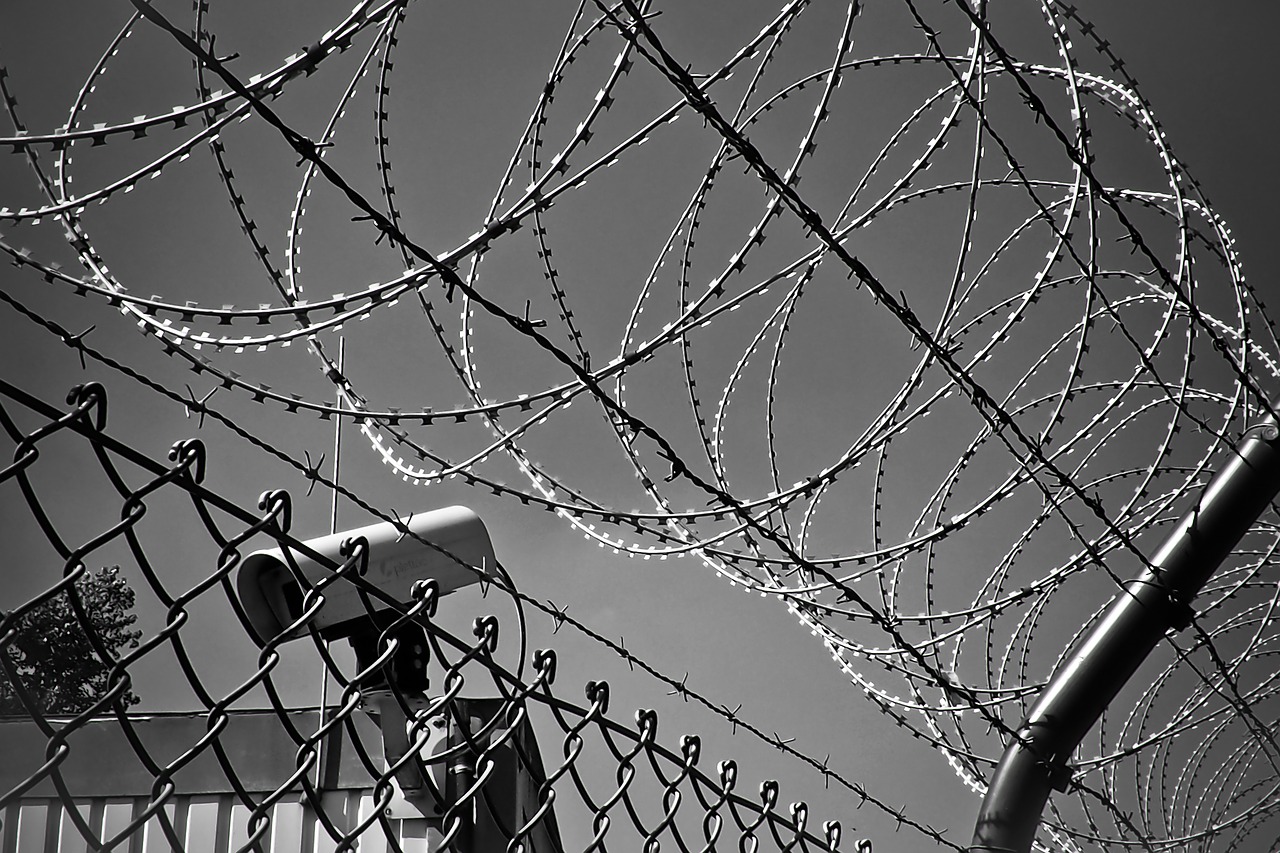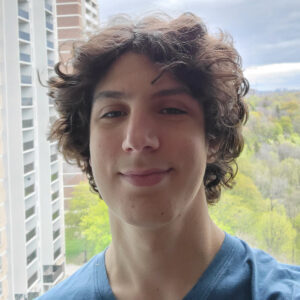In the wake of abhorrent racism against the Asian-American community and Asian peoples worldwide, it is important to remember that although we have a duty to condemn the actions of state governments, we must not conflate the actions of the Chinese state government with Chinese and Asian people. New Voices Magazine stands in solidarity with AAPI communities and Asian peoples globally.
On January 19, 2021, then Secretary of State Mike Pompeo made the long-overdue determination that the government of China is carrying out a genocide against the Uyghurs and other Turkic groups in the Xinjiang autonomous territory in China. Concentration camps have been erected across the region, imprisoning an estimated 1-3 million people, the largest mass-detention of an ethnoreligious group since the Holocaust. Mosques have been destroyed, use of language and cultural expression limited, there have been widespread reports of mass rape, slave labour and murder. Due to the Chinese government’s techno-authoritarian control over information, accurate data and the true extent of these tragedies are unknown.
For years, the world and the Jewish community have stayed silent amidst these atrocities, but that has slowly changed and people are beginning to speak out. However, like the rest of the world, the genocide has still not become an urgent priority within the Jewish community. This begs the question: has the Jewish community failed in advocating its pledge of ‘Never Again’ for the Uyghurs?
Similar to the global response, the response by Jewish organizations was slow and their activism and awareness effectively began over the past year, despite genocidal actions by the Chinese government dating back decades and significantly scaling up over the past 5 years. Jewish World Watch (JWW), an organization that focuses on fighting genocide, started advocating against the Uyghur genocide around two and a half years ago, but they were amongst a small minority of Jewish organizations that took action.
Jonah Kaye, communications coordinator for the Jewish Movement for Uyghur Freedom (JMUF) commented on this absence. “When we started [JMUF] around a year ago there really wasn’t any Jewish voices on this issue. Rabbi Sacks said one thing before he died, there were a few articles here and there and that was the extent of it. So we started this organization observing a very glaring absence of Jewish action and voices on the issue. But over time things have gotten a lot better, a lot of Jewish organizations have started speaking about this”.
Increasingly, more organizations have spoken out. Large organizations like B’nai Brith International, HIAS, Hillel International and the Anti-Defamation League have all rallied behind the cause, making statements, holding forums and panels and supporting government legislation. Organizations have also begun to work together. “In November of last year it became clear that there were numerous Jewish organizations that were working to combat the Uyghur genocide but we weren’t working together as effectively as we could, so Jewish World Watch formed a coalition with six other Jewish organizations to leverage our resources and maximize our efforts,” said JWW Executive Director Serena Oberstein.
During this past Pesach Chol HaMoed, JWW, along with JMUF and 17 other Jewish and Uyghur organizations including Hillel International and HIAS, held a Passover-themed week of action. The event included an Uyghur freedom seder, a day of global advocacy when over 400 letters were sent to members of Congress, and a day of business engagement where they led a campaign targeting Volkswagen, which has been accused of using Uyghur slave labour in Xinjiang.
Despite Jewish organizations rallying together against the genocide, the movement has not gained the same traction within the broader American Jewish community. Uyghur genocide-related events have remained small in their reach. Throughout the entire Uyghur week of action, an event with more than a dozen prominent organizations, only 650 people participated. B’nai Brith Canada’s livestream panel about the genocide has garnered only 400 views on YouTube since December, when it premiered. On Instagram, a platform at the forefront of Jewish activism, the largest Jewish-based Uyghur activism account @jewsforuyghurs has around 3,500 followers, while other Jewish activism and human rights accounts, focusing on mainly Jewish issues, have more than 30,000.
There are signs, however, that the genocide is becoming more of a priority for American Jews. “We are getting invited into more synagogues, and there are people across the spectrum of the Jewish community who are being engaged, we have numerous people who have never engaged with us before, signing on and joining the seder and we’ve never in one day had 400 people send letters to members of Congress,” said Oberstein. But, she added, “[We must do a] better job within our own community of talking to one another and trying to educate ourselves.”
A clear example of a failure in the global Jewish community’s response to the genocide is the silence of the Israeli government on the issue. The government, led by Netanyahu, has failed to make any statement about the genocide, and maintains warm diplomatic ties and trade deals with China while many other countries have begun sanctions. In 2018 Likud MK Oren Hazan praised the Chinese government’s camps and encouraged a similar method be used for Palestinians. “I am sure there is no convention, not even in Geneva, that in 2018 objects to proper education. I’m for it,” said Hazan. This statement received no condemnation from Netanyahu or the Likud government.
The causes of this silence are almost entirely a result of international politics. “China isn’t merely a world power, it is a world economic engine on which the rest of the globe depends,” said Berakha Lana Guggenheim, a journalist who often focuses on international relations and is passionate about advocating against human rights abuses. “Ultimately, the reality is: Israel can choose to trade, or it can choose to withhold trade. Choosing the latter would hurt Israel, but it won’t hurt China.”
***
As we finished up our conversation, Jonah Kaye of JMUF cited a famous quote reportedly said by Hitler at the end of his Obersalzberg speech in 1939: “Who, after all, speaks today of the annihilation of the Armenians?”
“The Holocaust is not indirectly related to the fact that no one cared about the Armenians 20 years earlier,” Kaye explained. “These are not even moral arguments, they’re empirical things, the violence that starts with Jews doesn’t end with Jews and genocidal dictators look to the past to see what people did and it informs how they act in the future”.
The similarities between the Uygur genocide and the build-up to the Holocaust are startling. Corporations that had direct ties to the Holocaust, like Volkswagen, Hugo Boss, and IBM, are now being accused of using Uyghur slave labour in Xinjiang. Serena Oberstein remarked on the parallels, “What we are seeing… is eerily similar to the moment that we were in pre-1936 Berlin Games. There’s an Olympic games happening, there are a number of corporate sponsors who are overseeing these games despite knowing that there are concentration camps and people being disappeared in the night. We see similar infrastructure being erected like trains and concentration camps.”
When asked about the future of the Uyghurs in China, Oberstein provided a theory about the Chinese government’s desired Uyghur population in Xinjiang. “The number that we hear about now is that there are 12 million, China says that there are 6 million Uyghurs….The numbers put out by China, the discrepancies indicate some direction, hopefully its not factual, of how many Uyghurs [the Chinese government] wants to have,” She said. “The infrastructure China’s erected with these concentration camps and work camps, with estimates of 1-2 million people at least being interned and forced into slave labour and being sterilized, that can only go on for so long before there’s mass casualties.”
When we look back on our actions during the Uyghur genocide or any mass atrocity, we will ask ourselves did we do enough? The answer will always be no. We could have reacted sooner, listened more carefully to the whispers and rumours, or been more forceful, the list is endless. So, the question of whether or not the Jewish community failed seems irrelevant, of course, the Jewish community must do more, of course, the world must do more, we must all do everything we can to prevent this genocide from continuing. Instead of questioning whether we failed, the question we should be asking is what more can we do right now? As Oberstein said, “Never Again is not just a phrase, but a call to action.”
______________________________________
Organizations to help you take action:

